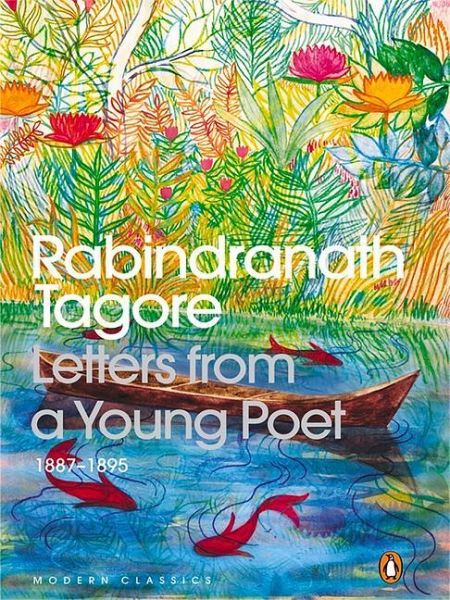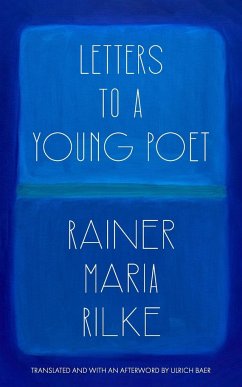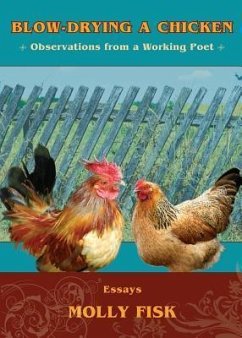Nicht lieferbar

Letters from a Young Poet
1887-1895
Versandkostenfrei!
Nicht lieferbar
As a young man, Rabindranath Tagore wrote a series of letters to his niece during what he described as the most productive period of his life. By turns contemplative and playful, gentle and impassioned, Tagore's letters abound in incredible insights--from sharply comical portrayals of English sahibs to lively anecdotes about family life, from thoughts on the nature of poetry to spiritual contemplation and inner feeling. And coursing through all these letters, like a ceaseless heartbeat, is Tagore's deep love for the natural splendour of Bengal. In this manner, this volume also serves as a pros...
As a young man, Rabindranath Tagore wrote a series of letters to his niece during what he described as the most productive period of his life. By turns contemplative and playful, gentle and impassioned, Tagore's letters abound in incredible insights--from sharply comical portrayals of English sahibs to lively anecdotes about family life, from thoughts on the nature of poetry to spiritual contemplation and inner feeling. And coursing through all these letters, like a ceaseless heartbeat, is Tagore's deep love for the natural splendour of Bengal. In this manner, this volume also serves as a prose companion to his magnificent work Gitanjali. Letters from a Young Poet shimmers with wit and warmth, and offers unforgettable vignettes of the young poet in those happy days before extraordinary fame found him.













